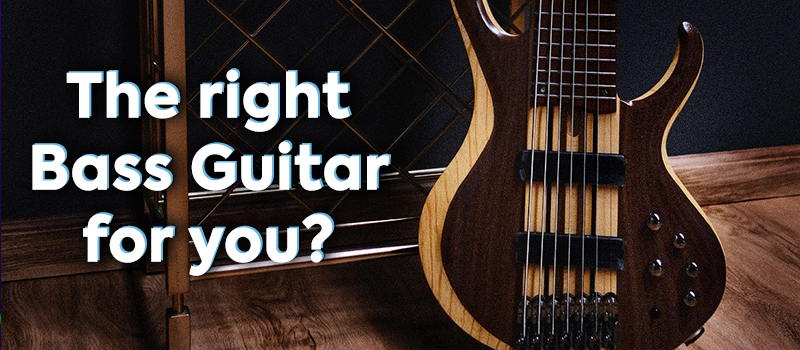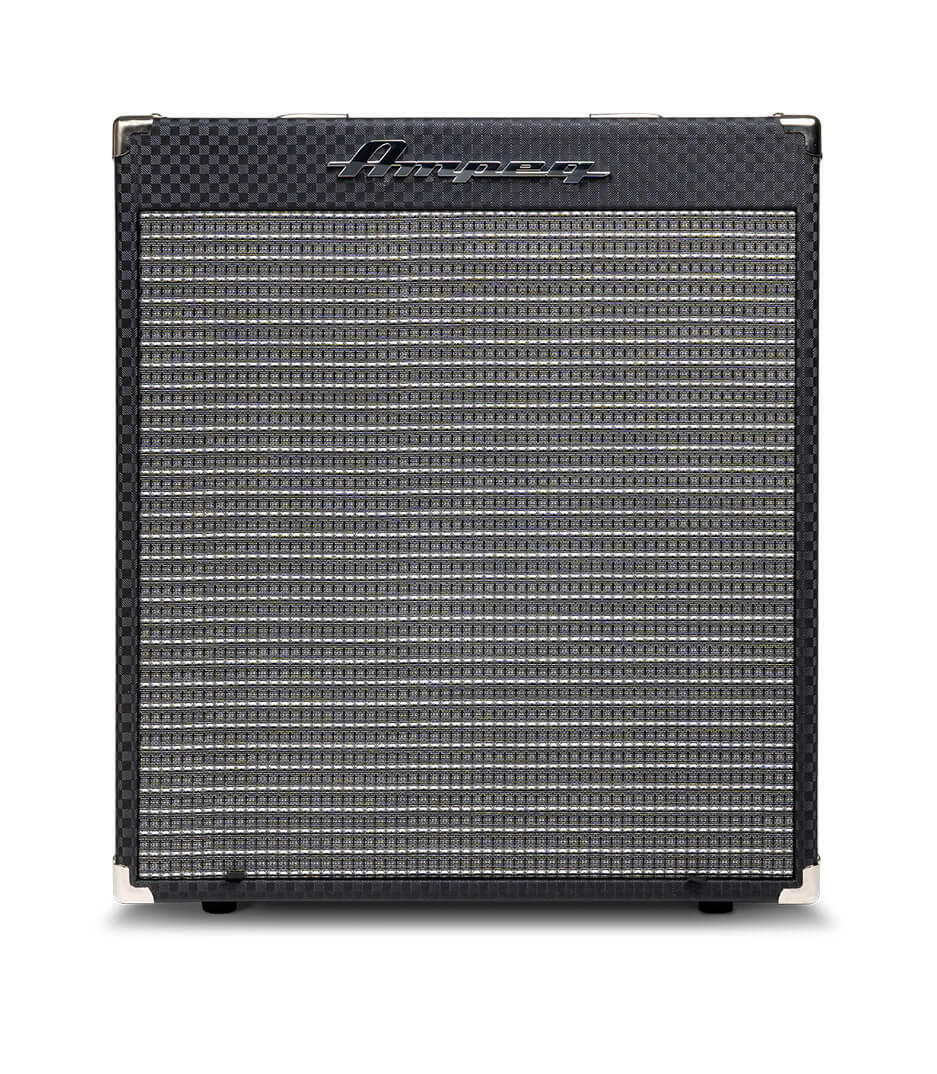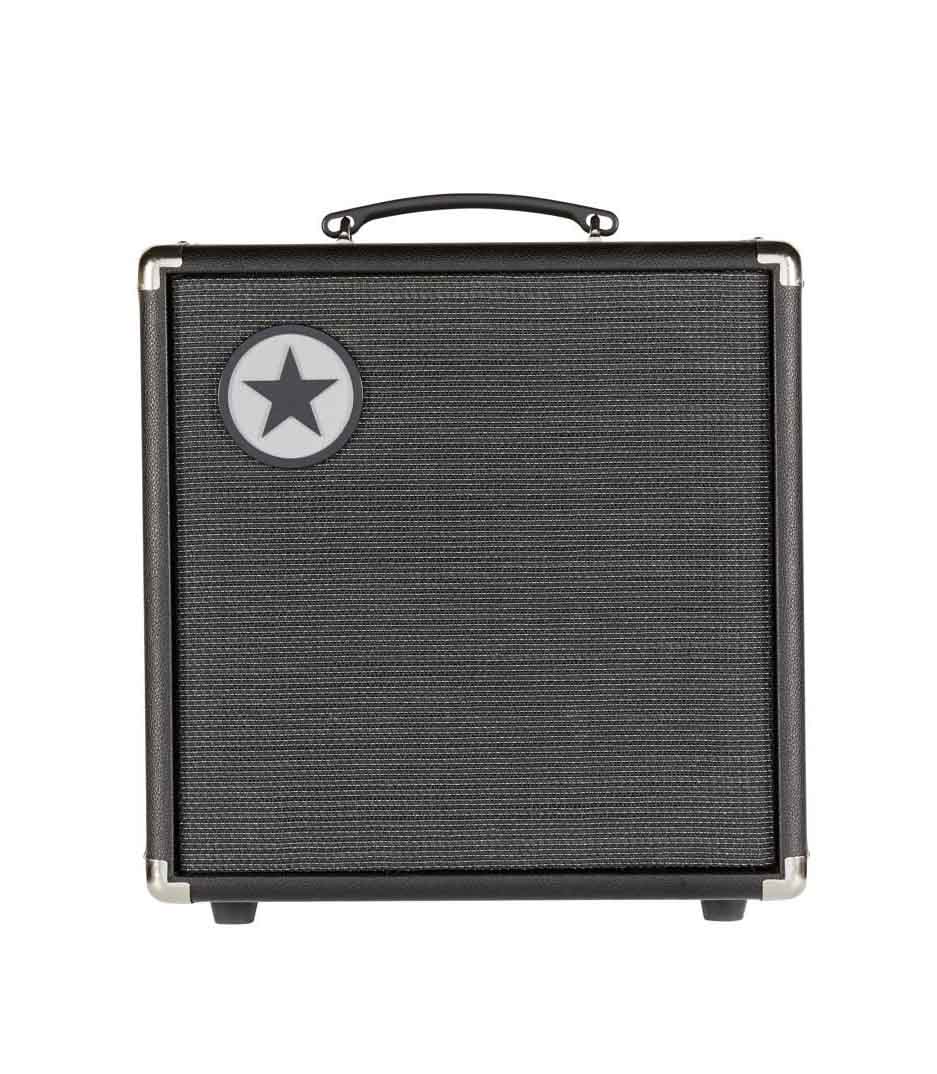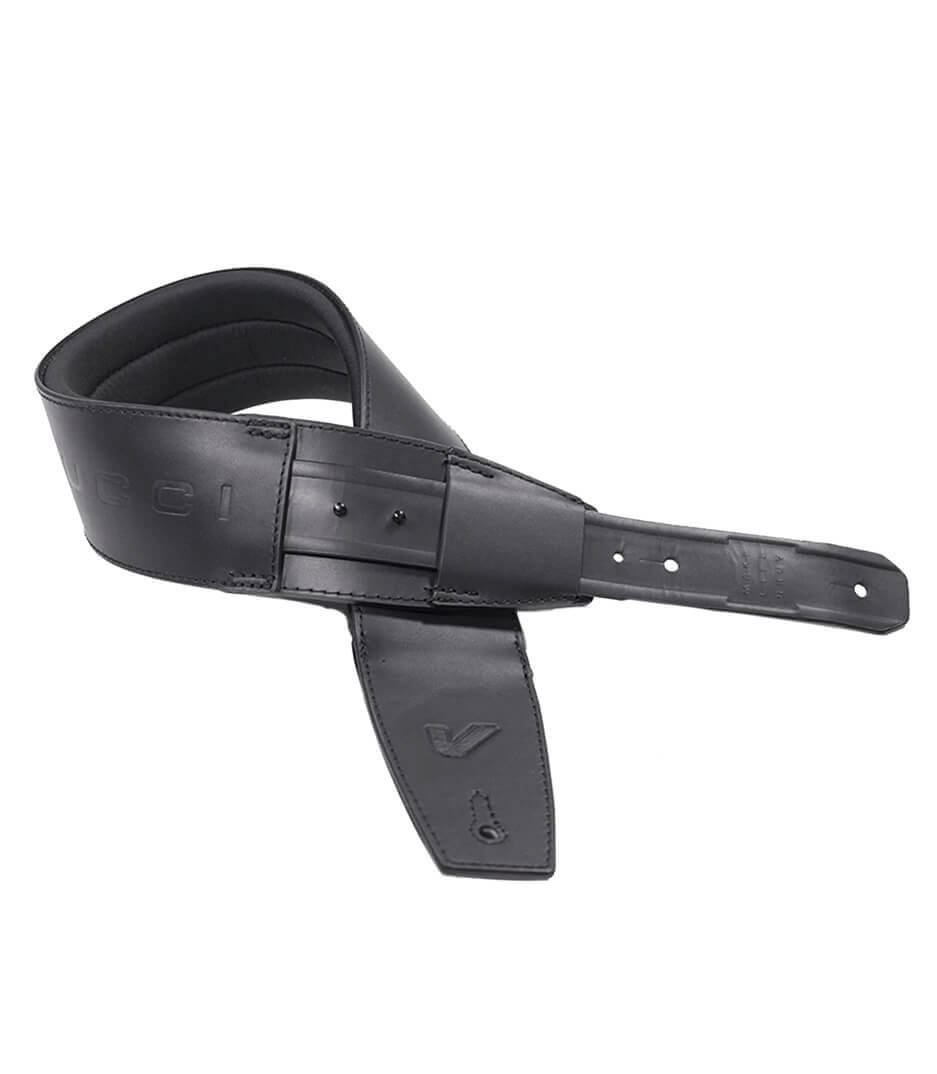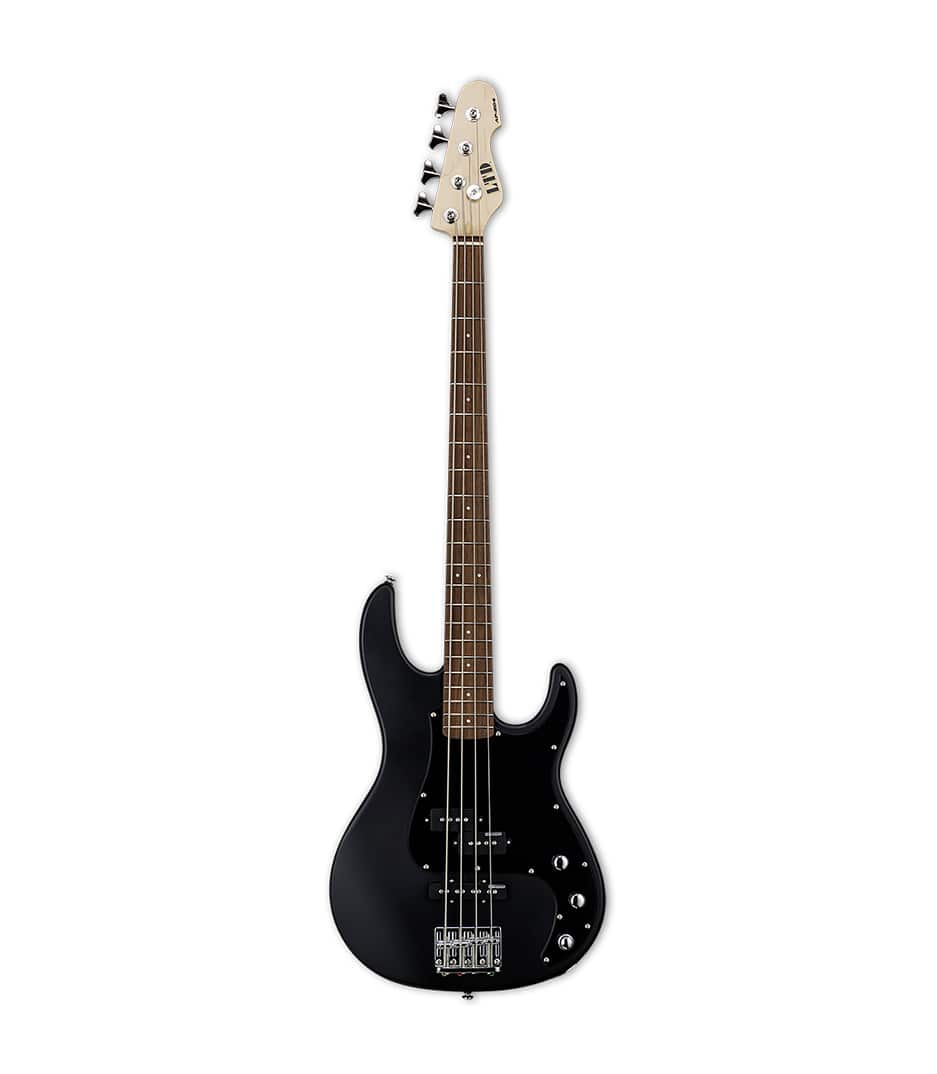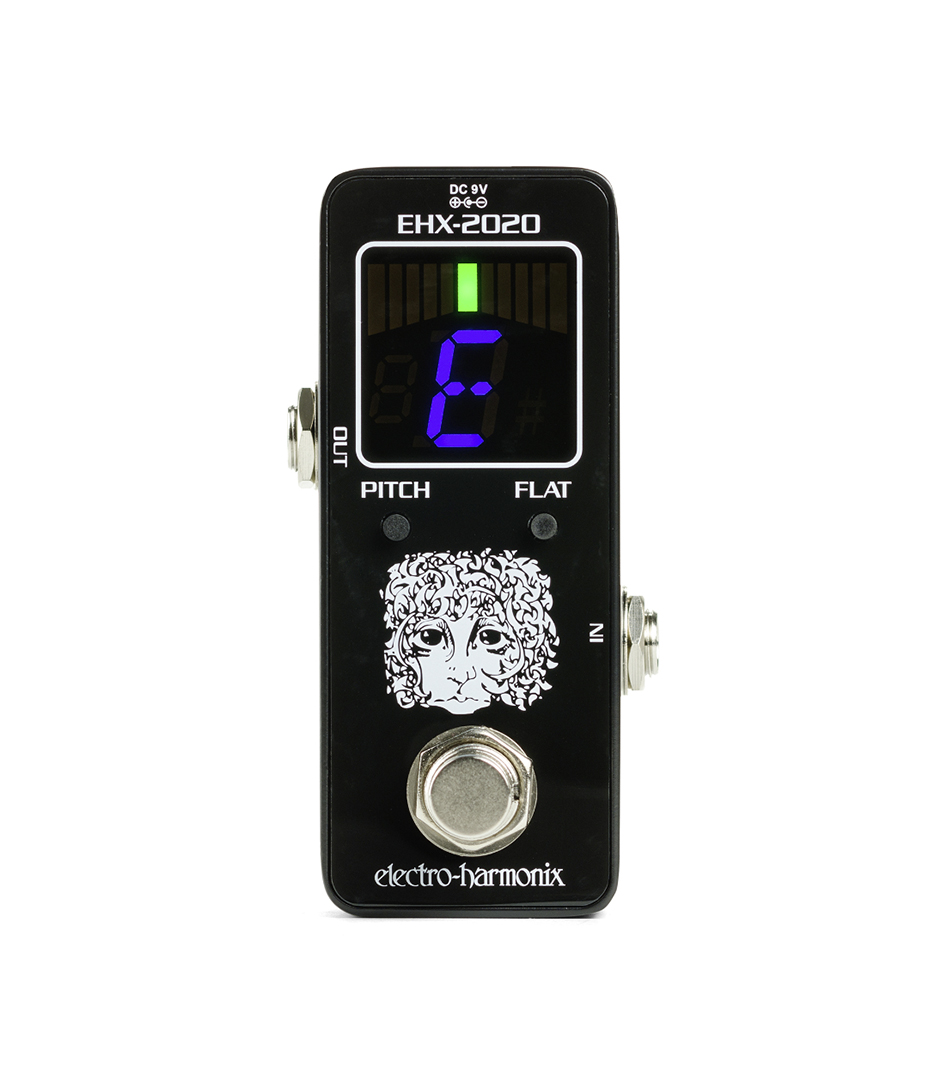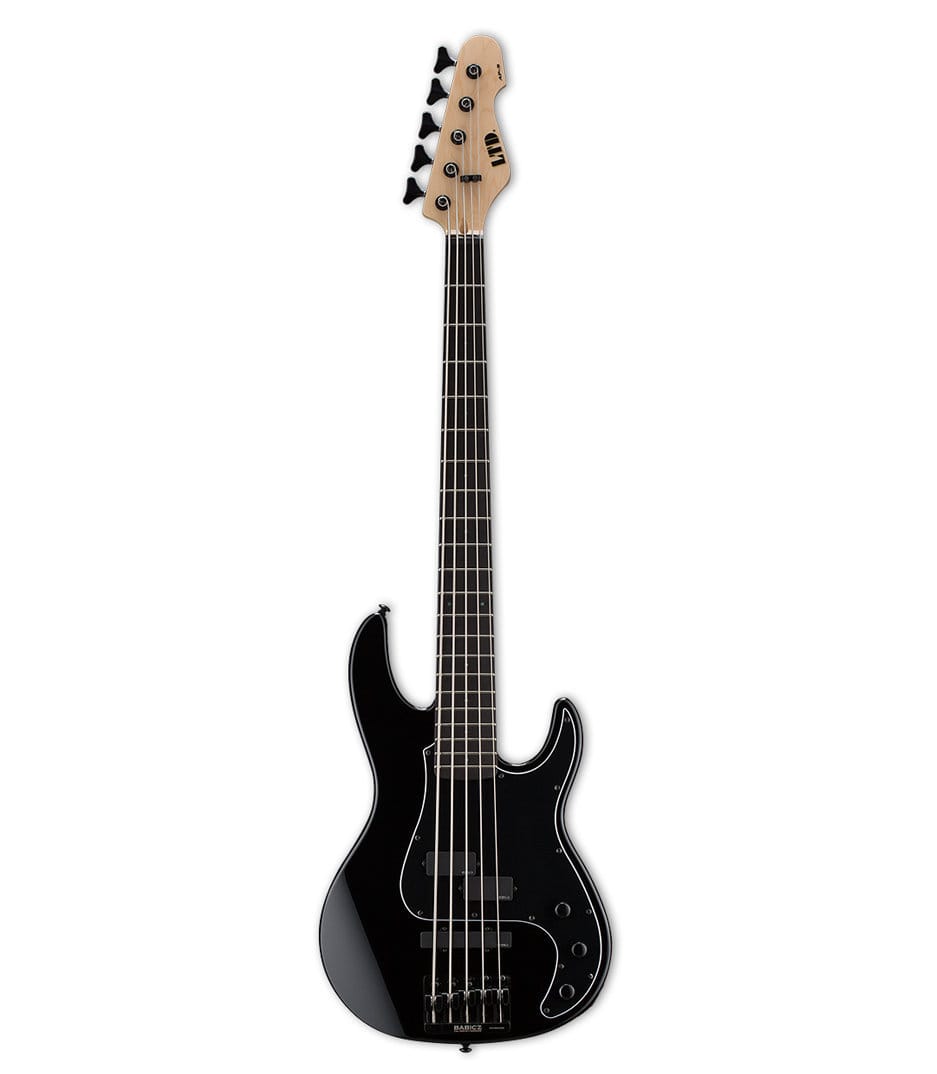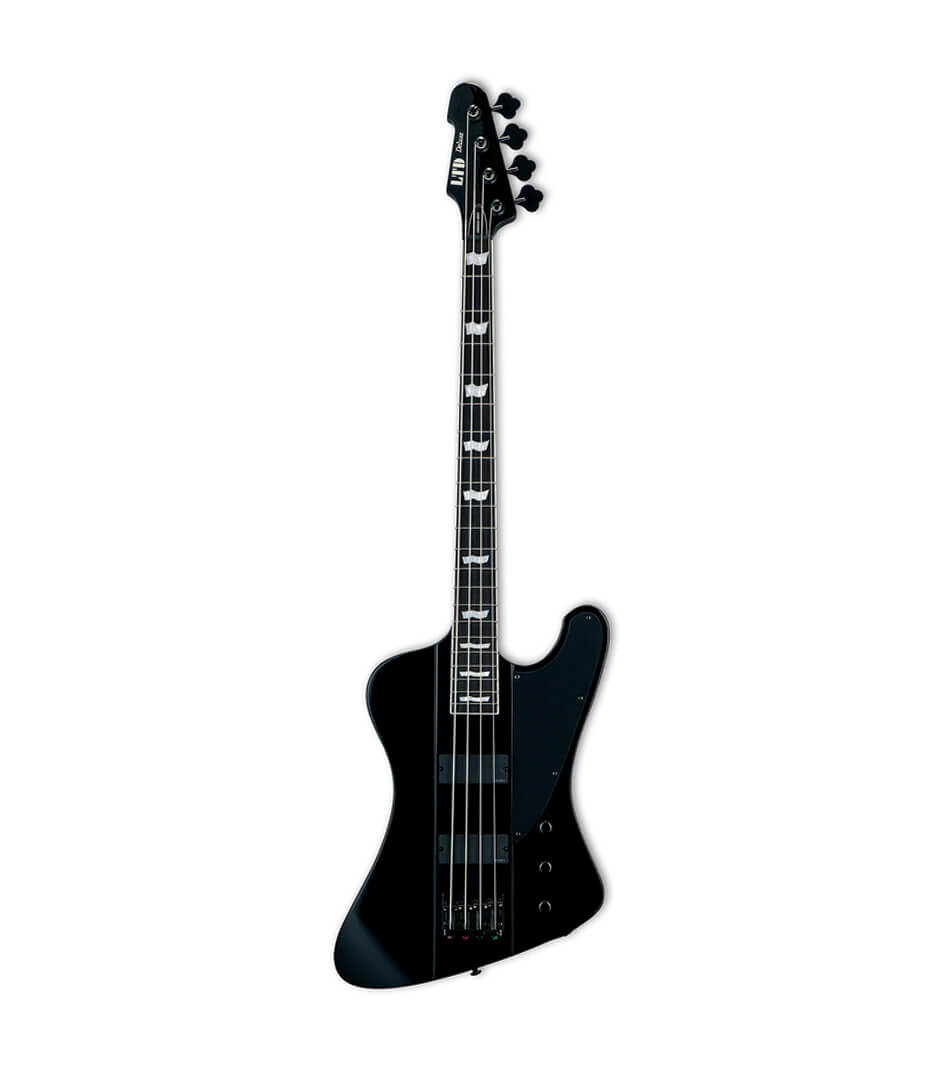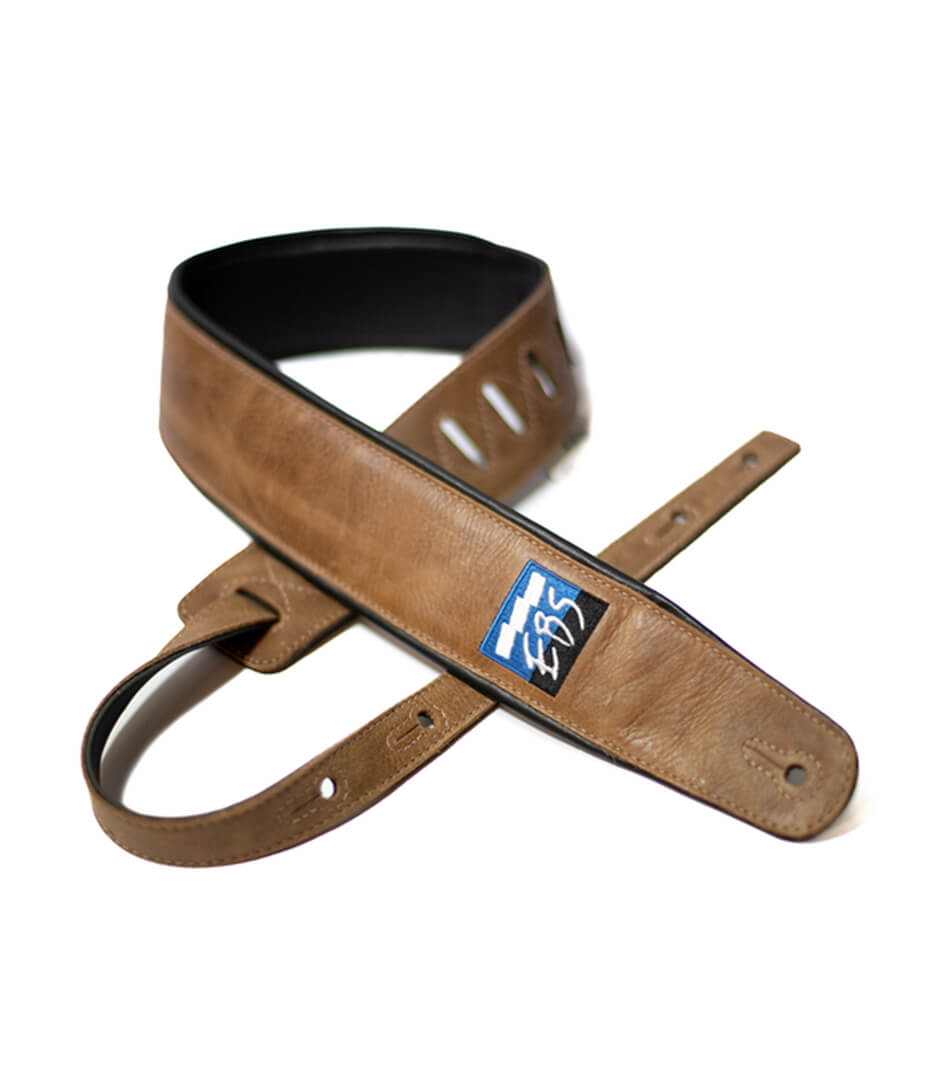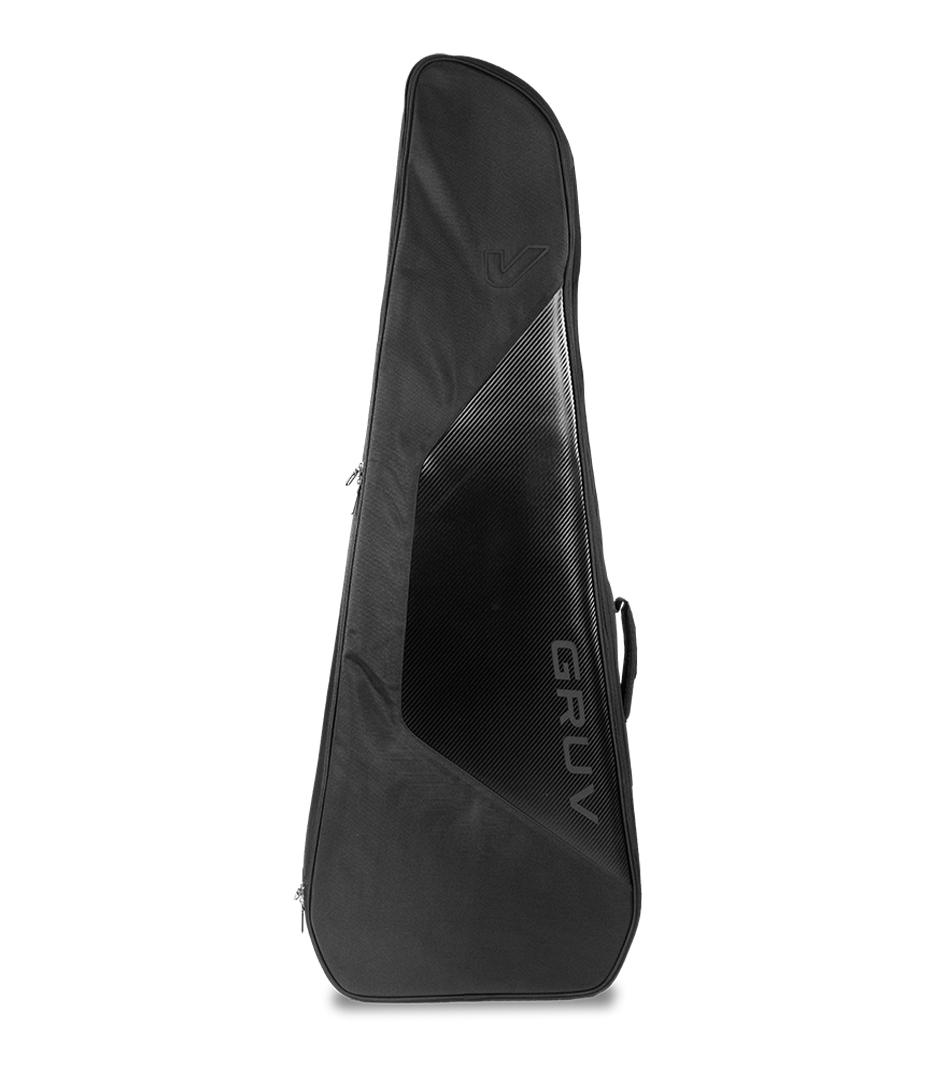Choosing the right bass guitar depends on several factors...
such as your musical preferences, playing style, skill level, and budget. Here are some things to consider when selecting a bass guitar:
Musical style: The type of music you play will influence the type of bass guitar you choose. For example, if you play rock or metal, you may want a bass with a heavier sound and more sustain, while if you play jazz or funk, you may prefer a more lightweight bass with a punchier tone.
Playing style: Your playing style will also determine the kind of bass guitar that is right for you. If you like playing with a pick, you may want a bass with a bright tone, while if you prefer fingerstyle playing, you may want a bass with a warmer tone and more sustain.
Skill level: If you are a beginner, you may want to start with a more affordable bass guitar that is easier to play and has fewer features. As you become more skilled, you can upgrade to a higher-end bass guitar that meets your needs.
Budget: Bass guitars come in a wide range of prices, so you should consider your budget when selecting a bass guitar. You may want to start with a lower-priced model and upgrade as you gain experience and skill.
Some popular bass guitar brands include Ibanez, ESP, Fender, Yamaha, and Music Man. You may want to try out several bass guitars before making a purchase to find the one that feels comfortable and sounds right for you.

So now that we understand the basic needs for our first bass, let's talk about the exciting part the actual Bass Guitar Styles itself!
There are several types of bass guitars, each with its own unique sound and playing characteristics. Some of the most popular types of bass guitars include:
5 or 6 String Bass: Unlike the typical string count which is 4 strings on a bass, these basses come with an extra string to help you reach an extended range of notes like a beefy B string on a 5 string and with the same beefy B string but also an higher C string on a 6 String.
Multi Scale Bass: Most modern metal bands these days use dropped or lower standard tunings such as Drop G or Drop A tunings. The problem with the classic scale length of the bass is that it keeps the Lower strings pretty loose hence losing tightness and clarity. These tilted fretboard basses makes the lower strings really tight while keeping the higher strings nice and smooth to play.
Hollowbody Bass: A fusion between Solidbody and Acoustic bodies resulted in the Hollowbody bass. It's pretty lighter than a solidbody which gives it a very warm and rich tone and is mostly played in genres such as Jazz, Blues, etc.
Fretless Bass: Imagine taking out all the frets on a bass and then playing it, yes really. The fretless bass has one of the most beautiful sounds as its mellow and smooth transition between notes gives it an iconic sound. The fretless bass sound was inspired by the iconic Upright Bass which is mostly used in an Orchestral environment.
These are just a few examples of the most popular types of bass guitars. Each type of bass guitar has its own unique sound and playing characteristics, so it's important to try out several different types to find the one that works best for you

Great! You just picked your first bass, but how do you listen to the bass itself or protect your beloved instrument? Accessories! Yes Accessories. Let me explain:
Since you're just starting out with the bass guitar, here are some essential equipment and accessories you will need:
Bass guitar: Obviously, you will need a bass guitar to start playing. You can choose from a wide range of options depending on your budget, playing style, and musical preferences. The Ibanez GSR205 Gio is probably one of the most popular beginner/intermediate basses out there. When it comes to the advanced level of basses, there are many to choose from, but the LTD AP-5 is highly recommended for its easy to use and amazing build quality.
Amplifier: A bass amplifier is essential to amplify the sound of your bass guitar. You can choose from a variety of amplifiers depending on your budget and the size of the venues where you plan to play. The best kind of amplifiers are the combo amps which are like 30 watts something like the Blackstar Unity Bass 30 or 50 watts amps such as the Ampeg RB-110 which sounds amazing in a room while practicing as well as a small stage as well.
Cables: You'll need a cable to connect your bass guitar to the amplifier. It's important to choose a high-quality cable such as the Enova Professional Cables to ensure that you get a clean and clear signal. A high-quality cable reduces noise during a stage performance type of scenario.
Tuner: You can choose from a variety of electronic and clip-on tuners that make tuning your bass guitar easy. A tuner such as the Electro Harmonix EHX-2020 is essential for keeping your bass guitar in tune. Its small size and really good accuracy even on a bass makes it an ideal choice when you're gigging or in the studio.
Strap: A strap is necessary to support your bass guitar while playing. It's important to choose a comfortable and durable strap that can support the weight of your bass guitar. Usually, Bass guitar straps are wider and more padded than a regular guitar strap and it's always recommended to use a really comfortable strap for your precious bass. The Gruv Gear John Patitucci Signature Strap is an ideal choice as it's really wide and the comfortable cushions will keep your shoulders happy.
Case or gig bag: A case or gig bag is important to protect your bass guitar from damage when transporting it. You can choose from a hard case or a soft gig bag depending on your needs. The Gruv Gear Kapsulite Case for bass will protect your bass even through a Tornado! Okay, don't try that but they are really built like tanks but really comfortable as well.
Accessories: You may also want to consider getting some accessories like a stand, extra strings, picks, or a pedal. These are not essential, but they can enhance your playing experience and help you achieve the sound you want.

Overall these are the essential equipment and accessories you will need for your first bass guitar. As you progress and gain more experience, you may want to upgrade or add to your equipment to suit your changing needs and preferences.
Finally, here begins your journey for the beautiful world of Bass Guitars and we at Melody House got everything you'll need to jumpstart your journey!



